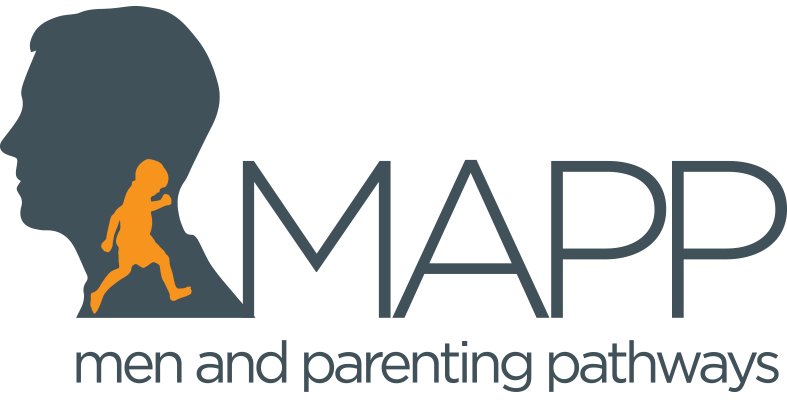KEY DATES
Abstract submissions open: 9:00am, 2 October 2023
Abtract submissions close: 5:00pm, 1 December 2023 - DEADLINE EXTENDED UNTIL 5:00pm, 11 December 2023
Authors notified: 5:00pm, 16 February 2024
Authors must accept invite by: 5:00pm 1 April 2024
SUBMISSION GUIDELINES
Submissions are invited for papers reporting original proposed research related to fatherhood, original research findings related to fatherhood, applied programs that target father figures, and descriptions of organisations that work with father figures. Other types of papers welcome include reporting work-in-progress, methodological papers, policy analysis, professional practice issues or evaluations of family and community service programs.
Submissions may be for either a 10 minute oral presentation or a 3 minute one slide short oral presentation.
Submitters must provide all of the information outlined below to be considered for inclusion in the final program. All submissions will be scored against the key selection criteria.
Abstract titles: Should be no more that 12 words.
Presentation type: Please advise if you are submitting an oral or poster.
Abstract: Provide details of your abstract, limiting your text to 300 words.
Abstracts should not include tables, figures, photos or references. Abstracts must be written in the English language.
For researchers, please structure your abstract under the following headings: Background & Aims, Method, Results, Conclusion & Implications.
For service providers/practitioners/other, please structure your abstracts under the following headings: Background/Aims, Description, Impact.
Ensure approval for all presenters: The submitting presenter must ensure that all co-presenters have read and approved the title, summary, presenter names and affiliations.
SELECTION CRITERIA
All abstracts submitted will be reviewed and assessed for the program based on the key selection criteria.
Original - The submitter must be an author of the paper/presentation.
New - The abstract provides insights that are innovative or cast new light on a topic.
Analytical - The abstract goes beyond a description of a policy, program or service and provides data or evaluative insights that can be applied in other contexts.
Scientific/evidence based - The abstract demonstrates rigour across methodology, data analysis and reporting of results.
Value - The abstract addresses implications for policy, program design, practitioners and/or research.
REVIEW CRITERIA
To receive an excellent or very good score, the abstract should:
be an engaging abstract that demonstrates a capacity to deliver an interesting presentation
be relevant to family-related research/policy/practice
include appropriate research methodology (if the paper is research-based)
show the paper will provide new information or represent a new approach (e.g. new lens/new analytic approach)
ORAL PRESENTATIONS
Accepted submissions will be allocated a 10-minute presentation timeslot in the program, and will be supported to display a slideshow of up to 10 slides.
Please note that the Symposium Committee reserves the right to offer a poster presentation timeslot to an oral submission, due to scheduling.
ONE SLIDE SHORT ORAL PRESENTATIONS
Accepted submissions will be allocated a 3-minute presentation timeslot in the program, and will be supported to display a single slide (landscape format).
For further information please contact -
Georgia Zoumboulis
georgia.zoumboulis@deakin.edu.au


